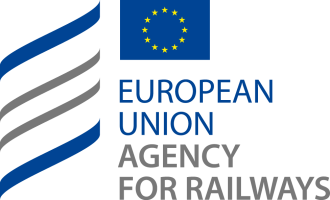
Safety Culture Assessment & Monitoring
This training is designed to equip railway professionals with the skills and tools needed to assess, monitor, and improve safety culture within their company.
A safety culture cannot be assumed and must be continuously assessed and improved. To do so, you need to go beyond compliance and uncover real behavioural, organisational and cultural patterns. The Safety Culture Assessment and Monitoring training will provide you with an effective approach to assess the safety culture of a railway organisation based on the European Railway Safety Culture Model (ERA-SCM).
Through practical cases tackling the different stages of a safety culture assessment you will learn to identify concrete safety culture markers in any railway organisation and create a Safety Culture Assessment Report.
This training is designed for safety managers and officers, rail professionals involved in internal audits or cultural assessment, supervisors and HR professionals.
Capacity: Around 14 participants
Duration: Around 22 hours over 4 days (excl. e-learning)
This course is led by our trainers Clarisse Lagaize Davoine, Kim Drews, and Bart Accou.
Note: Each training session is conducted by two trainers.
To see the next available sessions of the training, please consult our training catalogue. Or request a specific session for your organisation through the Contact Us form.
I found particularly useful the tools for improving decision-making.
It was interesting to understand the reasons why one should not give in to the easy option. After this training I will pay more attention to potential threats.